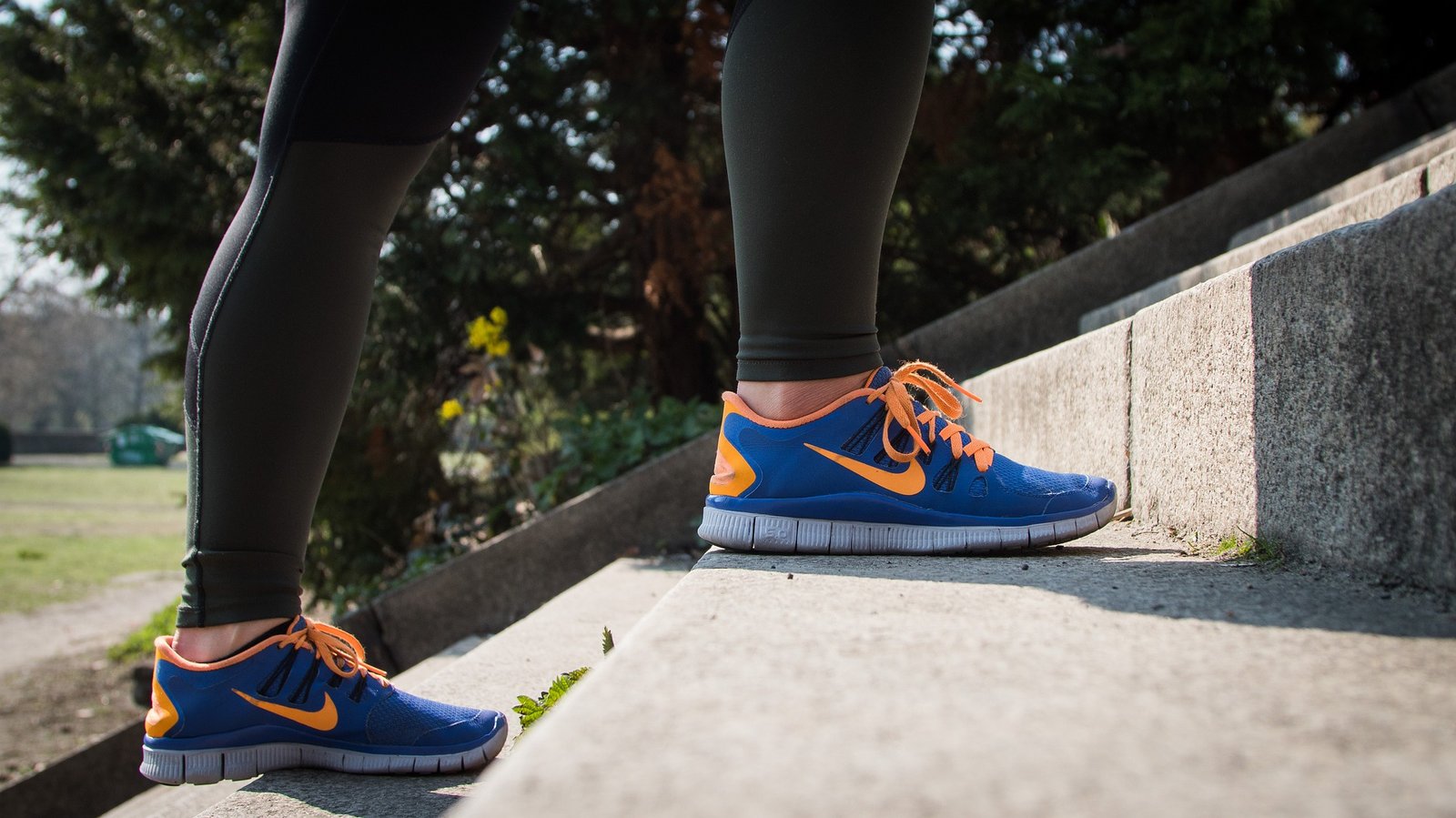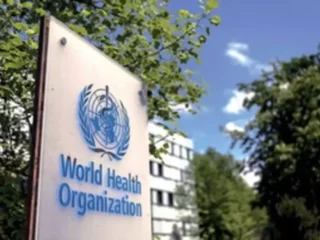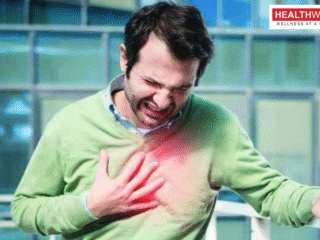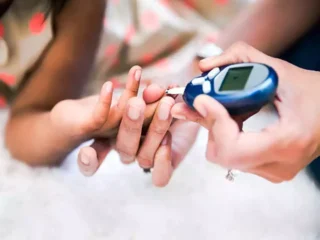The Boris Johnson government in Britain has launched a new anti-obesity drive to help people lose weight and become healthier after what has been pegged as a COVID-19 “wake up call”.
To set an example, Prime Minister Boris Johnson, himself lost weight since his own hospitalisation after testing positive for the deadly coronavirus earlier this year.
“Losing weight is hard but with some small changes we can all feel fitter and healthier,” said Johnson.
“If we all do our bit, we can reduce our health risks and protect ourselves against coronavirus – as well as taking pressure off the NHS,” he said.
“We know obesity increases the risk of serious illness and death from coronavirus – so it’s vital we take action on obesity to protect the NHS and improve our nation’s health,” added UK Health Secretary Matt Hancock.
Better Health Campaign
The raft of new measures unveiled by the Department of Health and Social Care are being launched alongside a new “Better Health” campaign, led by Public Health England (PHE):
- All people will be asked to embrace a healthier lifestyle and to lose weight if they need to.
- A range of evidence-based tools and apps will be used to tell people how to slim down the waistline.
- Advertising of food high in fat, sugar or salt (HFSS) on television and online will not be shown before 9 pm.
- Promotion of foods high in fat, sugar, such as buy one get one free (BOGOF) offers will also be banned.
- There will also be a ban on these items being placed in prominent locations in stores, such as at checkouts and entrances, and online.
- Large restaurants, cafes and takeaways with more than 250 employees will be made to add calorie labels to the food they sell to help people make healthier choices.
- A new consultation will be launched before the end of the year on plans to provide calorie labelling on alcohol to alert people to so-called hidden liquid calories.
Traffic Light Labelling System
The government will also open a consultation to gather views and evidence on the current “traffic light” labelling system on food to learn more about how this is being used by consumers and industry, with the unhealthiest food marked clearly with red.
Obesity in Britain
According to official statistics, almost two thirds (63 per cent) of adults in England are overweight or living with obesity – and one in three children leave primary school overweight or obese, with obesity-related illnesses costing the NHS 6 billion pounds a year. The urgency of tackling the obesity “time bomb” has been brought to the fore by evidence of the link to an increased risk from COVID-19, the Department of Health said.








